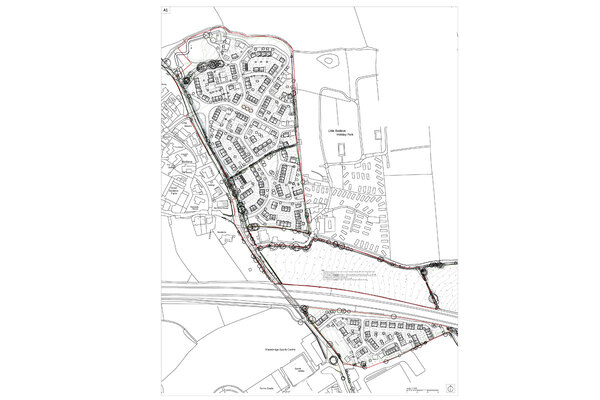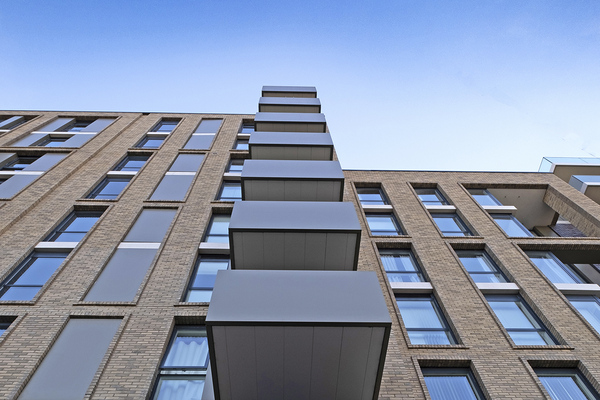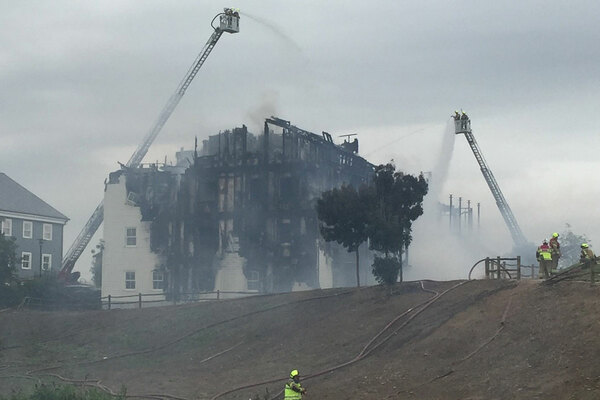You are viewing 1 of your 1 free articles

Where should housing and social care overlap?
Dame Clare Tickell asks whether housing providers need to play a more active role in assessing the housing needs of vulnerable individuals

Many, many years ago I went to the University of Bristol and qualified as a social worker. Times were heady. We were taught about the strong links between structural inequality and poor health and social outcomes (although the language was different then).
We were encouraged to be clear about our personal values and to reflect on what we brought to social work, good and bad, in order that we could develop our own moral compass to guide how we worked.
We learned that providing state-funded services to people in need was not straightforward. That the system is a complex one with many moving parts. That operating successfully within this system is reliant on a mixture of pragmatism, integrity and good relationships.
That complexity creates infinite shades of grey, so we would be asked to make difficult decisions based on our experience and belief in what was right – and the fact that there is no manual covering many of the situations we would be working with. And sometimes we would need to say difficult things.
In an enlightened move, the university agreed that rather than doing a placement in statutory social work, I could spend time at Shelter working with their advice team. Housing was a political issue at the time. There was a lot of rented housing in very poor condition in Bristol and the South West and there was much advocacy to do with and on behalf of tenants.
I was hooked. Understanding the profound effect that bad housing had on people’s lives was an eye opener and set the course for my future career. The rights-based approach that characterises working in housing held great appeal and so, like many people working in supported and sheltered housing, I have spent my working life straddling social care and housing.
“Housing providers are often in a unique position – we know our tenants well and we liaise regularly with those who interact with them.”
While the prominence of different moving parts in the system move and morph over time, the overall structure remains unchanged.
There is still an under-provision of decent, truly affordable housing for people in need and structural inequality is still a significant feature in determining who gets access to services and housing and who doesn’t. Demand outstrips supply in health and social care and increased longevity is putting extreme pressure on a system designed in 1948.
With limited resources, rationing access is a logical and understandable response from those with a statutory duty to identify and meet need. This is difficult territory and, back to my infinite shades of grey, involves subtle and tiny tweaks to parts of the system to try and squeeze more from it. Longer waiting times are an example of this, as is reducing the amount of support being provided to people in need or pushing providers to reduce their prices.
And this is where my earlier points about values come into play.
In social work, there is a clear acceptance that a social worker has a ‘duty of care’ over his or her clients. This is not the language of housing. Yet we house many people who have health and social care needs that are being met by statutory organisations or by their contractors.
Housing providers are often in a unique position. We know our tenants well and we liaise regularly with those who interact with them. What, then, should our role be in determining whether our housing can meet a vulnerable individual’s particular needs and whether it is suitable and safe for them?
“The line between extra care housing and registered care homes is a fine one but we do no favours to anyone if we house people in the former who need more than extra care can or should provide.”
Further, are we content that we are heard when we have concerns about the quality or quantity of care being provided to our tenants? For example, the line between extra care housing and registered care homes is a fine one but we do no favours to anyone if we house people in the former who need more than extra care can or should provide.
After all, if nothing else, our name is over the door and the finer points of who commissions what is not likely to be understood by relatives if something goes terribly wrong. This is a particularly complicated issue when our role is confined to housing management tasks and the care or support is being provided separately.
Are we clear about the extent to which we want to influence local authorities and others, including health providers, in accordance with our stated mission and values – particularly if these include a commitment to providing truly affordable housing as part of a mix of tenure types to meet housing need and play our part in addressing structural inequality?
The complex system I describe above depends on good housing and collaboration. We are an intrinsic part of this. We must therefore speak clearly and confidently about the essential contribution we can make in improving lives as an equal and respected partner.
Dame Clare Tickell, chief executive, Hanover









